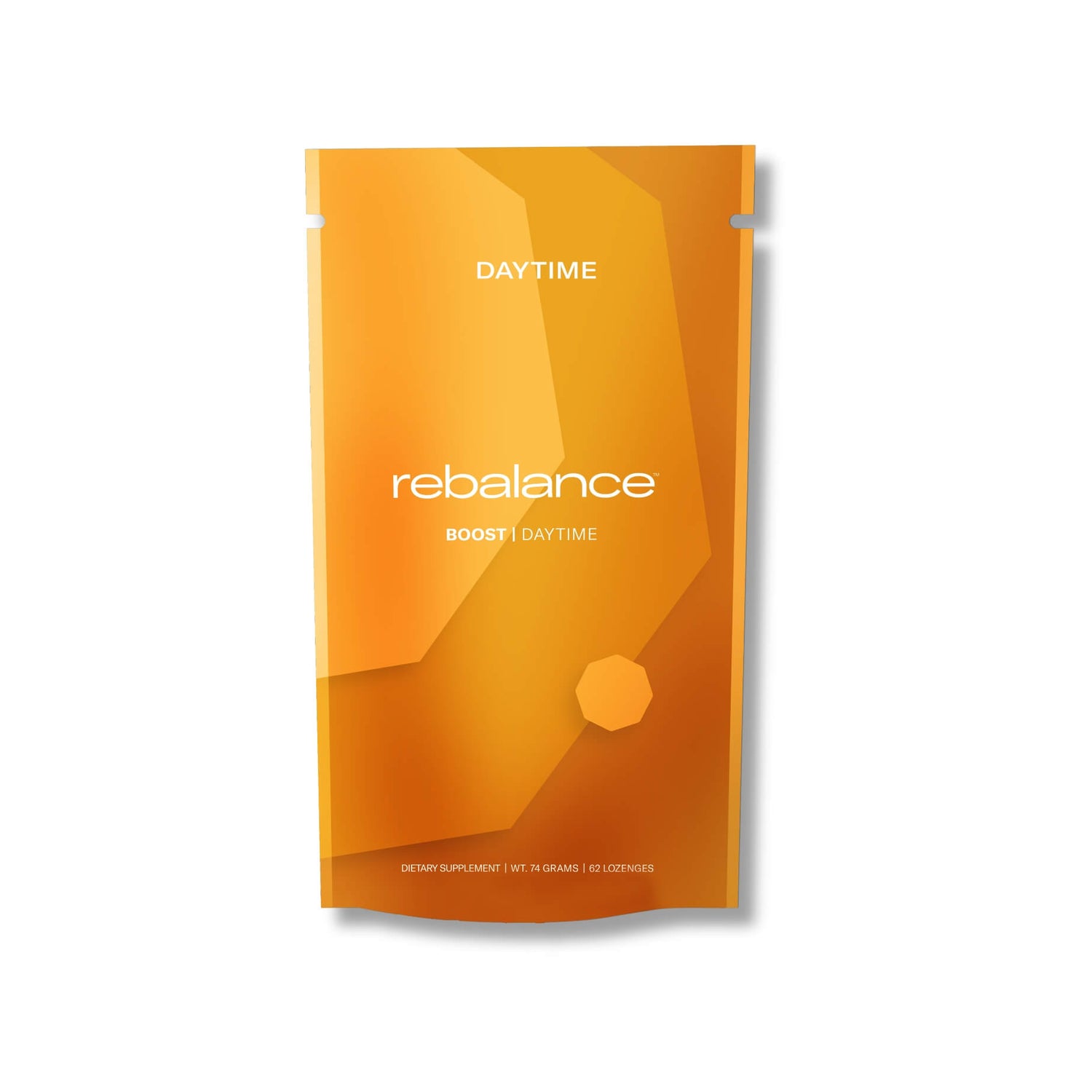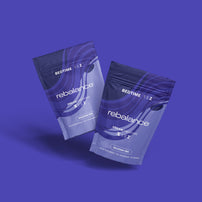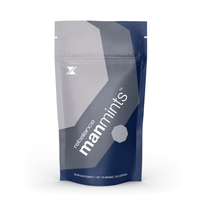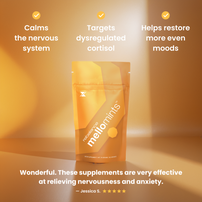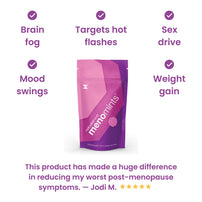What is
Cortisol?
Everything you need to know about this key hormone and it's oh-so important relationship to our health.

Cortisol Has Recently Become One Of The Hottest Topics Among Health Gurus. So, What’s All The Hype About Cortisol, And Why Is It So Important To Our Health?
Let's brush up on the basics first: Cortisol is a naturally produced hormone in your body that helps you respond quickly and effectively during times of stress.
In the distant past, this quite literally meant trying to survive wild animal attacks (which is why cortisol is sometimes called "the fight or flight" hormone. These days, cortisol-inducing stress is far more likely to be caused by a chaotic email inbox, a heated fight with your partner, or the never-ending gridlocked traffic on your daily commute.
Cortisol helps you respond to stress by increasing sugars (glucose) in the bloodstream, enhancing your brain's use of glucose, and increasing the availability of substances that repair tissues. In a sense, cortisol is like your body giving you a natural espresso shot.

In simpler terms, cortisol provides the energy you need to handle stressful (and sometimes life-threatening) situations.
It’s also essential for maintaining various bodily functions and helps give us the “get up and go” energy at the beginning of each day. However, too much cortisol (aka, overproduction) can lead to or exacerbate many of the common health symptoms that ail us today.
The Circadian Rhythm &
Cortisol Connection


If you’re familiar with cortisol, then you’ve probably heard that it’s deeply connected to your circadian rhythm. Circadian rhythm is your body’s internal clock, a natural, internal process that regulates the sleep-wake cycle and repeats roughly every 24 hours. It’s what makes you feel sleepy at night and alert in the morning.
This rhythm is influenced by environmental cues like sunlight and temperature. Before the arrival of modern technology (aka the dreaded onslaught of blue-light screen time), our bodies produced cortisol in alignment with our daily sleep-wake cycle.
Circadian Rhythm & Cortisol
Cortisol levels naturally follow a circadian rhythm. They peak in the morning to help you wake up and get going, then gradually decline throughout the day, reaching their lowest point at night to help you sleep. This pattern helps your body maintain a healthy balance of cortisol and manage (and recover from) stress effectively.
Circadian Rhythm Alignment
When your circadian rhythm is aligned, your body functions optimally. You wake up feeling refreshed, have sustained energy throughout the day, and wind down naturally in the evening. Aligning your circadian rhythm means syncing your daily activities with your body’s natural clock—getting plenty of natural light during the day (and ideally even touching grass!), maintaining regular sleep and wake times, and winding down as the sun sets in the evening.
Circadian Rhythm Disruption
Modern technology, poor sleep habits, and irregular work or travel schedules can disrupt your circadian rhythm. Exposure to screens late at night, irregular sleep patterns, and lack of natural light during the day can throw off your internal clock, leading to elevated cortisol levels. This disruption can cause many problems, including difficulty sleeping, fatigue, and increased stress. On the other hand, prolonged stress can throw your cortisol levels out of wack.
Health Risks of High Cortisol
When cortisol levels remain high over time, it can lead to a variety of health issues, such as:
- - Chronic stress: Feeling constantly overwhelmed and anxious.
- - Sleep problems: Difficulty falling asleep or staying asleep.
- - Weight gain: Particularly around the abdomen.
- - High blood pressure: Increased risk of heart disease.
- - Blood sugar imbalances: Leading to diabetes.
- - Weakened immune system: Making you more susceptible to illnesses.
Lifestyle Habits to Support Balanced Cortisol
Maintaining balanced cortisol levels involves adopting healthy lifestyle habits:
- - Prioritize sleep: Aim for 7-9 hours of quality sleep each night.
- - Regular exercise: Engage in moderate physical activity like walking, yoga, or swimming.
- - Stress management: Practice relaxation techniques such as meditation, deep breathing, and mindfulness.
- - Consistent routines: Stick to regular sleep and wake times, even on weekends.
- - Limit screen time: Reduce exposure to screens, especially before bedtime.
Foods to Help Lower Cortisol
Certain foods can help lower cortisol levels naturally. Incorporate these into your diet for better stress management:
- - Omega-3 fatty acids: Found in fatty fish, walnuts, and flaxseeds.
- - Green tea: Known for its calming properties.
- - Dark chocolate: Contains antioxidants that can help lower cortisol.
- - Probiotic-rich foods: Yogurt, kombucha, and kimchi promote a healthy gut.
- - Magnesium-rich foods: Leafy greens, nuts, and seeds.
Supplements to Help Lower Cortisol
In addition to a balanced diet, certain supplements can help manage cortisol levels:
- - Ashwagandha: An adaptogen that helps the body handle stress.
- - Magnesium: Supports relaxation and stress reduction.
- - Rhodiola: Another adaptogen that reduces fatigue and improves stress resilience.
- - Phosphatidylserine: Aids in lowering cortisol levels.
Benefits of Balanced Cortisol
Keeping cortisol levels balanced brings numerous benefits, including:
- - Improved sleep: Better quality and more restful sleep.
- - Increased energy: Sustained energy throughout the day.
- - Enhanced mood: Reduced feelings of stress and anxiety.
- - Better weight management: Easier to maintain a healthy weight.
- - Stronger immune system: Reduced susceptibility to illnesses.
In Conclusion: Balancing Your Cortisol Is Key!
Cortisol is a crucial hormone that helps manage stress and maintain overall health. By aligning your circadian rhythm, adopting healthy lifestyle habits, eating cortisol-lowering foods, and considering beneficial supplements, you can keep your cortisol levels in check. This balance leads to better sleep, more energy, improved mood, and a stronger immune system.
Ready to begin your health journey toward balanced cortisol? Our 3-part lozenge systems are doctor-formulated to align with your circadian rhythm and support balanced cortisol levels.

